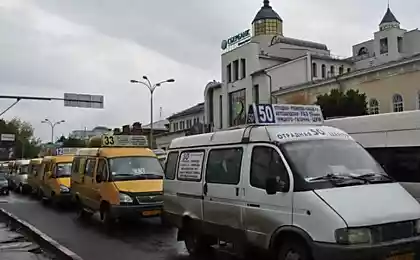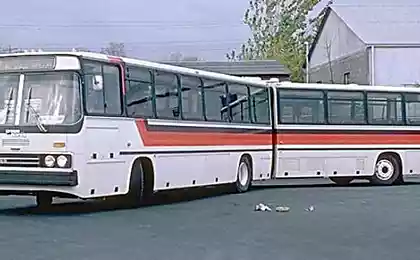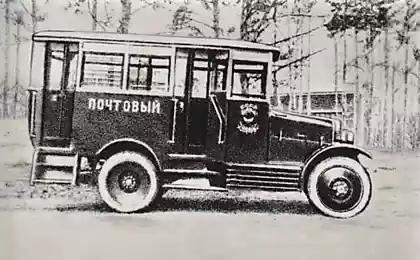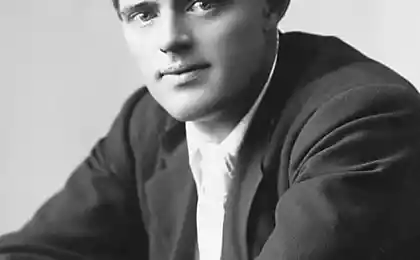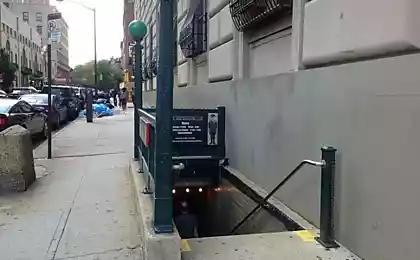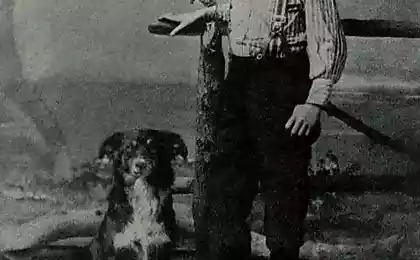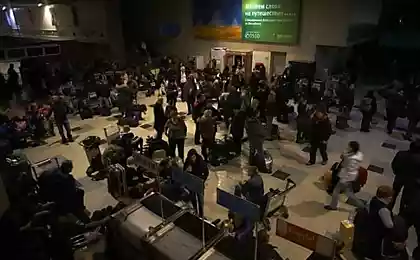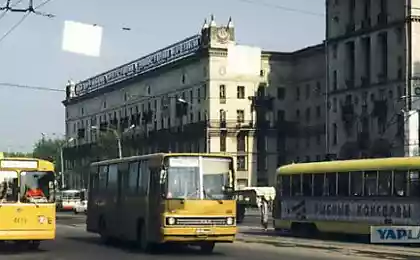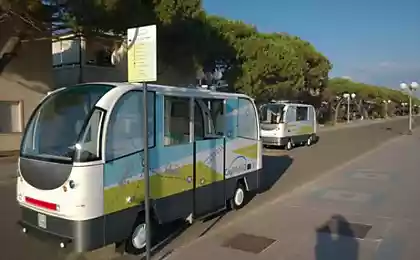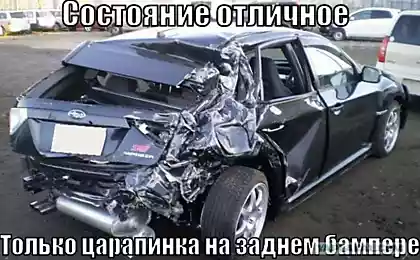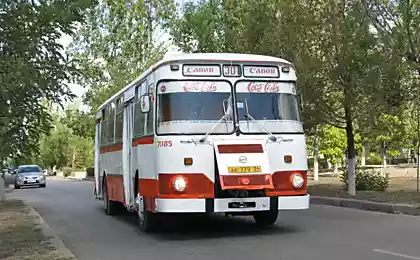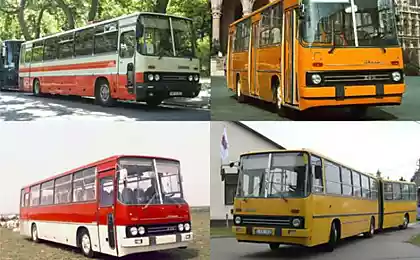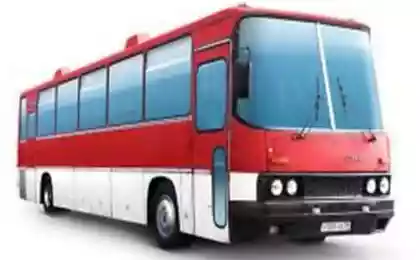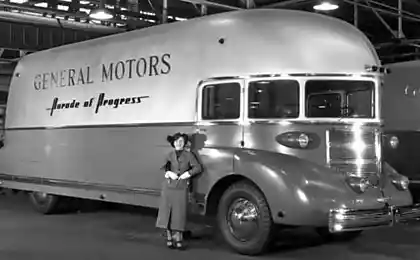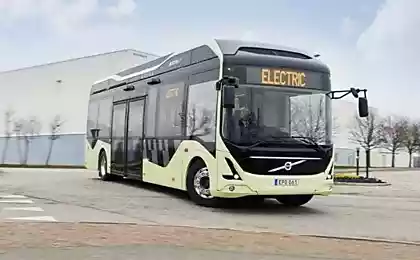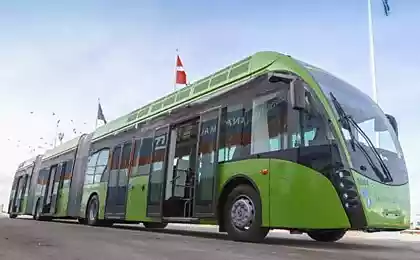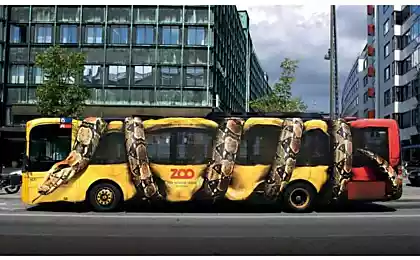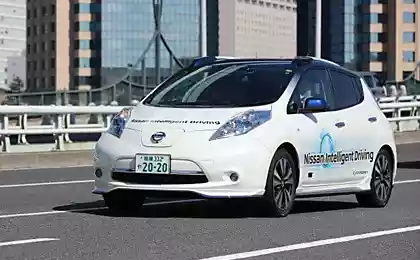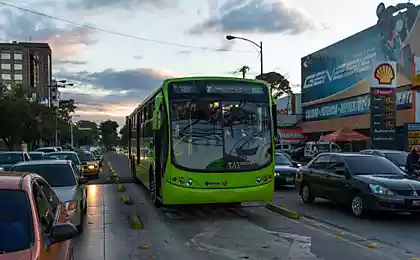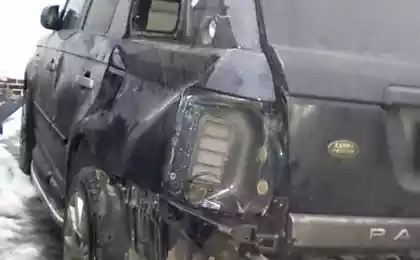667
London Buses
Hello. I want to talk a little bit about the buses in London. The local buses are a little different from our own, as well as services in general, but because I hope it will be interesting.
I would like to mention that my story is not warranted to be accurate. These are just my observations and impressions. YaPovtsy from London are more than welcome for updates and tips, but please do not break down all the selection. Ladies know how to finish. And further. Many of the photos are not mine, stupid naryl on the Internet due to their own laziness and the fact that some things are quite rare. So, let's begin.
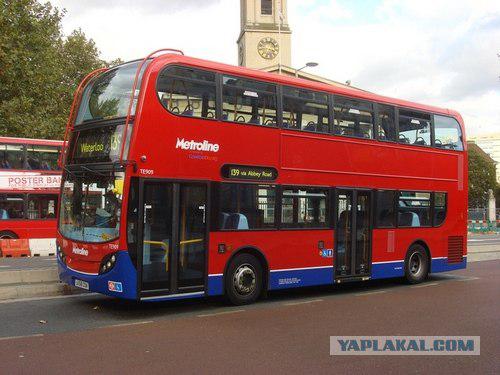
That two-story red bus - one of the symbols of London, known to all. However, apart from the red dabldekerov there are familiar to us and ordinary buses,
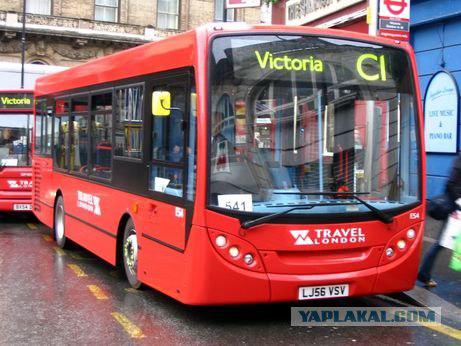
and even familiar bendy buses, «bunching" in our
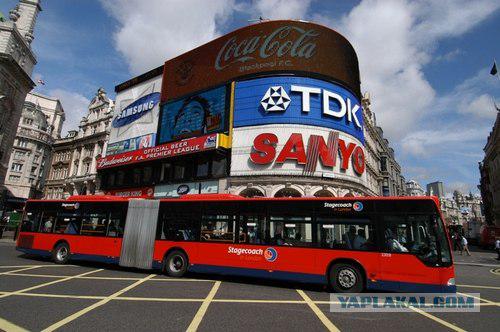
that 5-6 years ago replaced the legendary Rutmaster.
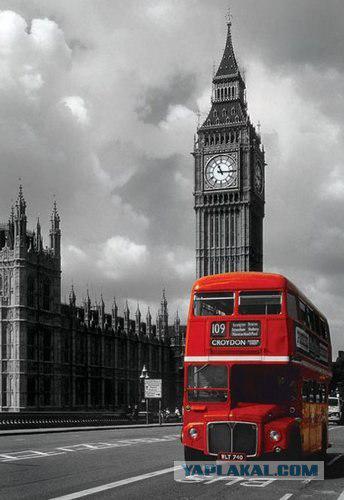
Residents of London "bunching" the taste did not come, and a couple of years ago, Mayor Boris Johnson had initiated work on a new Rutmastera. From dabldekera it differs partial absence of doors, which allows the input-output virtually on the go.
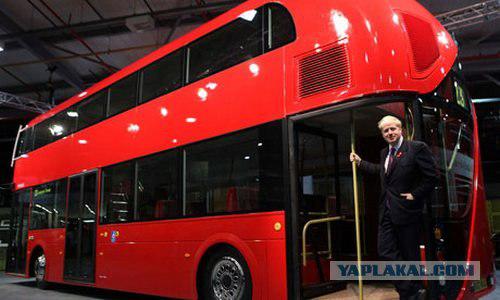
The bus entered through the front door, the back - to exit. This does not apply only bendy buses, where all the doors can be used in both directions, as well as the back door Rutmastera. Directions, with some exceptions, to be paid at the entrance. The driver has a car Ticket with built-in magnetic card reader. Unpaid / scan card driver enter not allow.
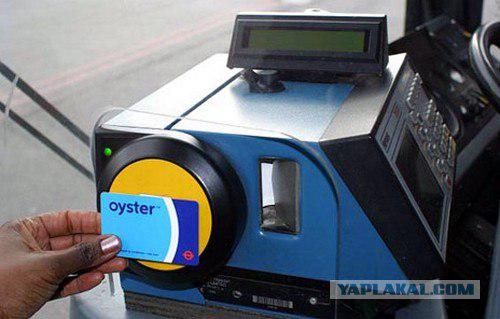
Exceptions are only mentioned "bunching" them scanners are located throughout the cabin, and the driver does not sell tickets.
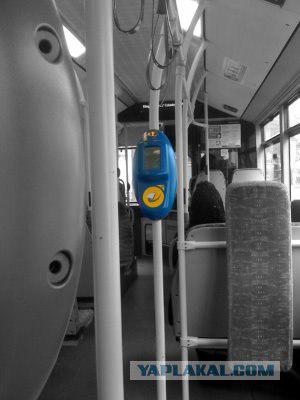
At stops hanging ads on the need to buy a ticket before boarding and there are vending machines with most of these tickets. In Rutmaster he worked as conductor. Who is still using some old machines on routes in the city center, but it's mostly for tourists.
Shh ... here I violated someone's copyright.
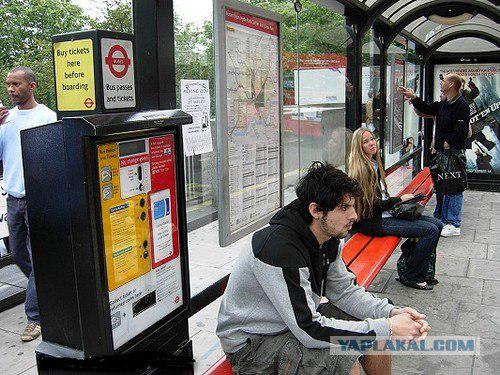
I must say that all the stops in London, and possibly in the whole of the UK (at least where I've come) - on demand. That is, to sit down at the right you have to show the bus driver your desire. Suffice flick of the wrist. To get off at the desired stop, no need to shout - are located throughout the cabin stop buttons, you simply click. Names robot stops are announced through loudspeakers, and also duplicated on the dashboard in every bus, at every floor. Really, I sometimes get buses with broken speakers or panels, or even both of them at once. But this rarely happens.
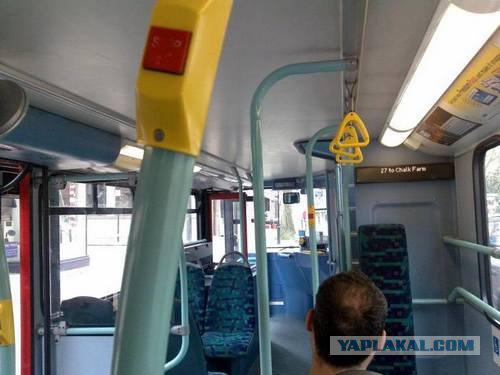
Do not try to understand how the system works, but I suspect that this navigation system with feedback or a simple modem. In any case, many stops placarded where you can see how much time is left before the arrival of a bus.
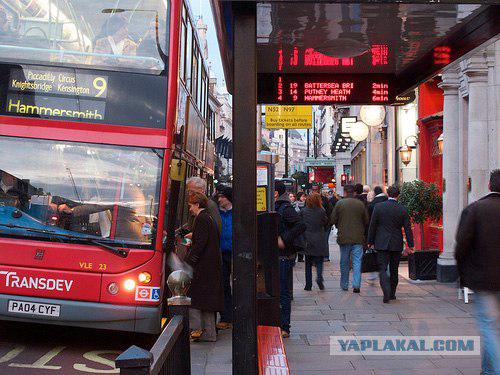
And a little more about electronics. In modern buses along with the mirrors used surveillance cameras. As for safety reasons and for driver's vision. Camera signal is displayed on the monitor the driver and the passenger compartment, even for some reason, though not all.
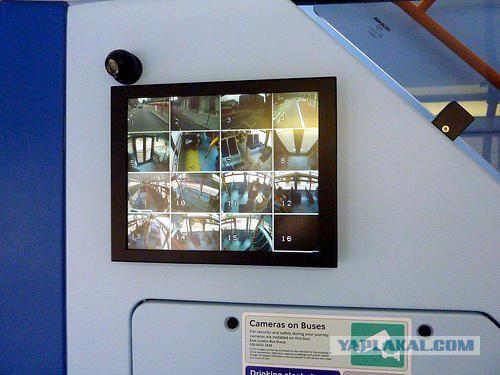
It should also be noted that each bus is equipped with special bridge for the disabled. From near the exit door and leaves lies on the pavement. In addition, the entire bus for hydraulic or pneumatic lowered so that the floor is almost flush with the sidewalk. And in the cabin allotted a special place for wheelchair or prams. Also, in the cabin there is a luggage tray for large bags, so as not to clutter up the pass.
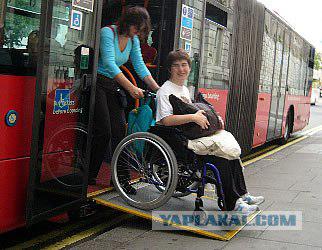
Yet.
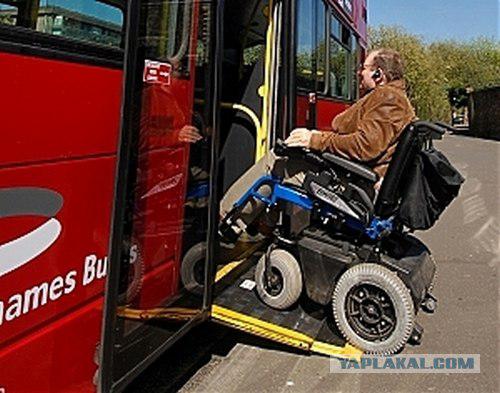
Normally the interval of buses is 8-12 minutes at rush hour on particularly busy routes it's a little less. On Saturday and Sunday - more. In the less popular routes, it is 15-20 minutes, and in one of them one Sunday evening in a rather dull neighborhood I had to wait for the bus 45 minutes. But it is still the exception. Many destinations are served around the clock. Naturally, night buses run less frequently.
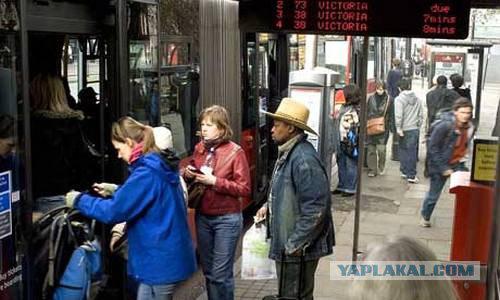
Bus stops in London, no special frills no different, it is usually small sheds with one or two walls and benches. Made of glass, plastic and aluminum. Illuminated at night. In addition to these there are already display a map of the area map of routes passing bus, schedule, telephone numbers. Well, road markings
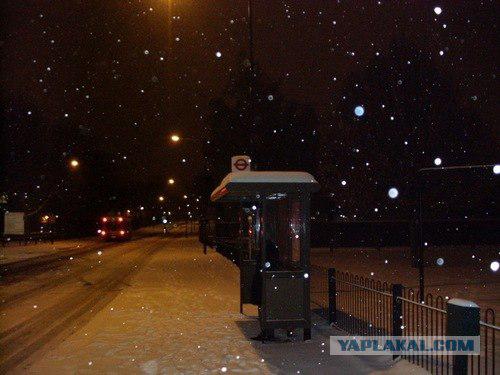
Although many of these:
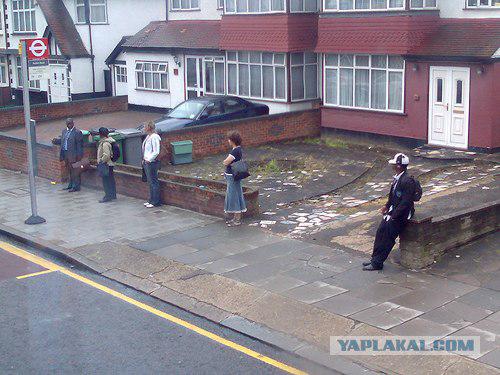
In order to avoid delays of buses in traffic, which is also, alas, not uncommon on the roads marked lanes for their movement, bus lanes, which may also enjoy cyclists, motorcyclists and taxi drivers. Of course, only where more than one lane in one direction. Over the entrance to the lane stedstv other vehicles - a fine (I think 60 pounds, but I will not argue - is not caught). Yet it also happens that you have to wait longer than usual, and then fit 2-3 bus almost immediately.
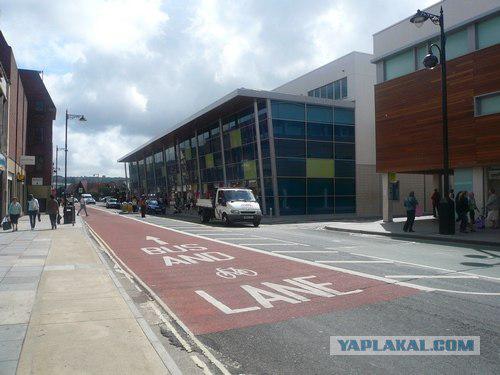
I can not say exactly, but is estimated at about a thousand in London bus routes, including special services, such as: shopping centers to a distance from the main roads to school, near to the suburbs, night, etc.
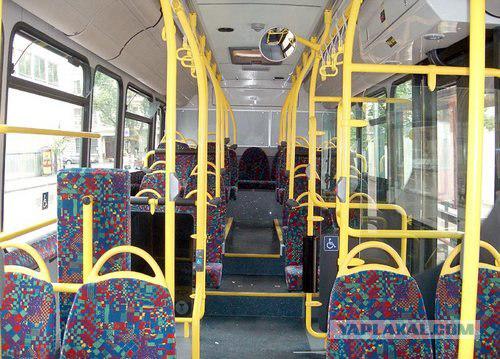
The cost of a single fare on the bus is 2, 20 lbs. When paying magnetic Oyster card the price is reduced to 1, 30. In the same Oyster ride all day around London is 4 pounds. Week - 17, 80. Well, and so on. Translate prices in rubles, hryvnia and Tug is a mistake - this is a different level of income. According to my personal feelings - it's not a freebie, but perfectly acceptable.
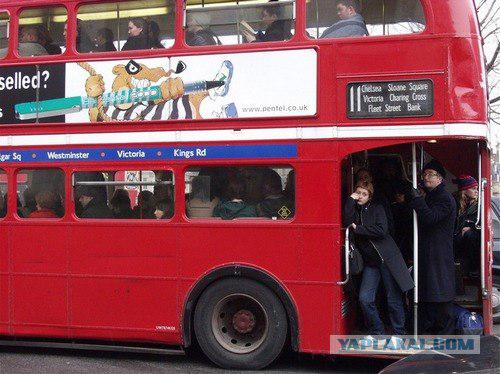
Here, perhaps, and all I thought about it. Thank you for attention.
Posted in [mergetime] 1299009697 [/ mergetime]
Taki forgot something. I have always admired the skill of the drivers of London buses. This hulk in tight spaces is quite difficult to manage. Automatic transmission is still a bit simplifies their lives.
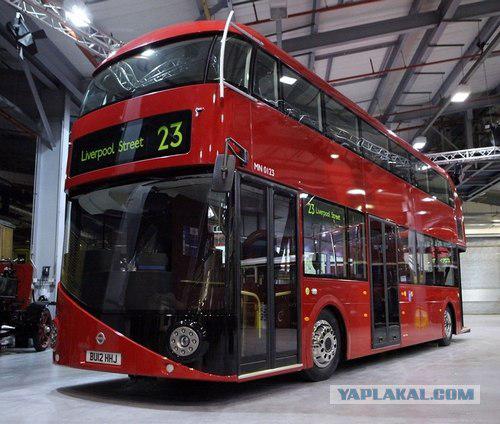
Source:
I would like to mention that my story is not warranted to be accurate. These are just my observations and impressions. YaPovtsy from London are more than welcome for updates and tips, but please do not break down all the selection. Ladies know how to finish. And further. Many of the photos are not mine, stupid naryl on the Internet due to their own laziness and the fact that some things are quite rare. So, let's begin.

That two-story red bus - one of the symbols of London, known to all. However, apart from the red dabldekerov there are familiar to us and ordinary buses,

and even familiar bendy buses, «bunching" in our

that 5-6 years ago replaced the legendary Rutmaster.

Residents of London "bunching" the taste did not come, and a couple of years ago, Mayor Boris Johnson had initiated work on a new Rutmastera. From dabldekera it differs partial absence of doors, which allows the input-output virtually on the go.

The bus entered through the front door, the back - to exit. This does not apply only bendy buses, where all the doors can be used in both directions, as well as the back door Rutmastera. Directions, with some exceptions, to be paid at the entrance. The driver has a car Ticket with built-in magnetic card reader. Unpaid / scan card driver enter not allow.

Exceptions are only mentioned "bunching" them scanners are located throughout the cabin, and the driver does not sell tickets.

At stops hanging ads on the need to buy a ticket before boarding and there are vending machines with most of these tickets. In Rutmaster he worked as conductor. Who is still using some old machines on routes in the city center, but it's mostly for tourists.
Shh ... here I violated someone's copyright.

I must say that all the stops in London, and possibly in the whole of the UK (at least where I've come) - on demand. That is, to sit down at the right you have to show the bus driver your desire. Suffice flick of the wrist. To get off at the desired stop, no need to shout - are located throughout the cabin stop buttons, you simply click. Names robot stops are announced through loudspeakers, and also duplicated on the dashboard in every bus, at every floor. Really, I sometimes get buses with broken speakers or panels, or even both of them at once. But this rarely happens.

Do not try to understand how the system works, but I suspect that this navigation system with feedback or a simple modem. In any case, many stops placarded where you can see how much time is left before the arrival of a bus.

And a little more about electronics. In modern buses along with the mirrors used surveillance cameras. As for safety reasons and for driver's vision. Camera signal is displayed on the monitor the driver and the passenger compartment, even for some reason, though not all.

It should also be noted that each bus is equipped with special bridge for the disabled. From near the exit door and leaves lies on the pavement. In addition, the entire bus for hydraulic or pneumatic lowered so that the floor is almost flush with the sidewalk. And in the cabin allotted a special place for wheelchair or prams. Also, in the cabin there is a luggage tray for large bags, so as not to clutter up the pass.

Yet.

Normally the interval of buses is 8-12 minutes at rush hour on particularly busy routes it's a little less. On Saturday and Sunday - more. In the less popular routes, it is 15-20 minutes, and in one of them one Sunday evening in a rather dull neighborhood I had to wait for the bus 45 minutes. But it is still the exception. Many destinations are served around the clock. Naturally, night buses run less frequently.

Bus stops in London, no special frills no different, it is usually small sheds with one or two walls and benches. Made of glass, plastic and aluminum. Illuminated at night. In addition to these there are already display a map of the area map of routes passing bus, schedule, telephone numbers. Well, road markings

Although many of these:

In order to avoid delays of buses in traffic, which is also, alas, not uncommon on the roads marked lanes for their movement, bus lanes, which may also enjoy cyclists, motorcyclists and taxi drivers. Of course, only where more than one lane in one direction. Over the entrance to the lane stedstv other vehicles - a fine (I think 60 pounds, but I will not argue - is not caught). Yet it also happens that you have to wait longer than usual, and then fit 2-3 bus almost immediately.

I can not say exactly, but is estimated at about a thousand in London bus routes, including special services, such as: shopping centers to a distance from the main roads to school, near to the suburbs, night, etc.

The cost of a single fare on the bus is 2, 20 lbs. When paying magnetic Oyster card the price is reduced to 1, 30. In the same Oyster ride all day around London is 4 pounds. Week - 17, 80. Well, and so on. Translate prices in rubles, hryvnia and Tug is a mistake - this is a different level of income. According to my personal feelings - it's not a freebie, but perfectly acceptable.

Here, perhaps, and all I thought about it. Thank you for attention.
Posted in [mergetime] 1299009697 [/ mergetime]
Taki forgot something. I have always admired the skill of the drivers of London buses. This hulk in tight spaces is quite difficult to manage. Automatic transmission is still a bit simplifies their lives.

Source:
